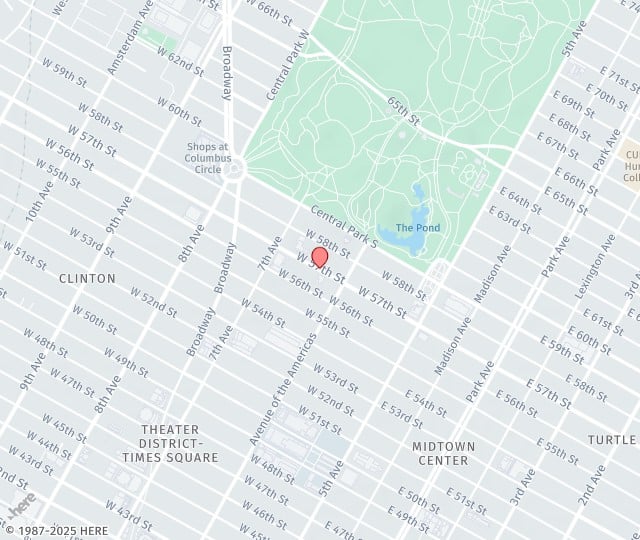
With awareness of dental anxiety on the rise, more dental practices are offering sedation to ease patients’ worries. An interesting aspect of dental anxiety, though, is that patients may have questions about sedation that further complicate their situation. The intent of sedation dentistry is to make it easier for you to see the dentist. When further questions develop, we may be further from helping than we’d like to be. Here, we want to address some of the common questions about sedation dentistry.
-
Is sedation dentistry safe?
Dental sedation has been available for several years now. The methods of sedation that are used have been widely studied and determined safe based on clinical research. For patients of our NYC office, there is also a sense of trust that is fostered by our extensive training. Dr. Siegelman is a dental anesthesiologist, which means he has an educational background that extends far beyond dental school; three years of post-doctoral training exclusively in anesthesia, to be exact.
-
What does it feel like to be sedated at the dentist?
Patients with dental anxiety may be equally nervous about the idea of dental sedation. We discuss the details of treatment with our patients as much as they need to feel more at peace before their procedure. Dental sedation is administered at various levels based on patient need. Nitrous oxide creates a sense of relaxation that patients often describe as joyous or euphoric. Oral and IV sedation may achieve deeper levels of calm; some patients describe this as “twilight sleep.” However, no assistance is needed for swallowing and breathing. Ultimately, to be sedated at the dentist may feel like being very relaxed and sleepy.
-
How long does the sedative last?
The duration of sedative effect varies based on the type of sedation a patient chooses. Nitrous oxide is a fast-acting sedative that leaves the system as quickly as it causes relaxation. Patients may drive themselves home after treatment with this sedative. Oral and IV sedation are longer lasting, subsiding over a few hours’ time. If you schedule care with either of these options, you will need a reliable companion for transport to and from the office.
Don’t let questions about sedation dentistry keep you from the comfortable care you deserve. Call our New York City office at (212) 974-8737.

